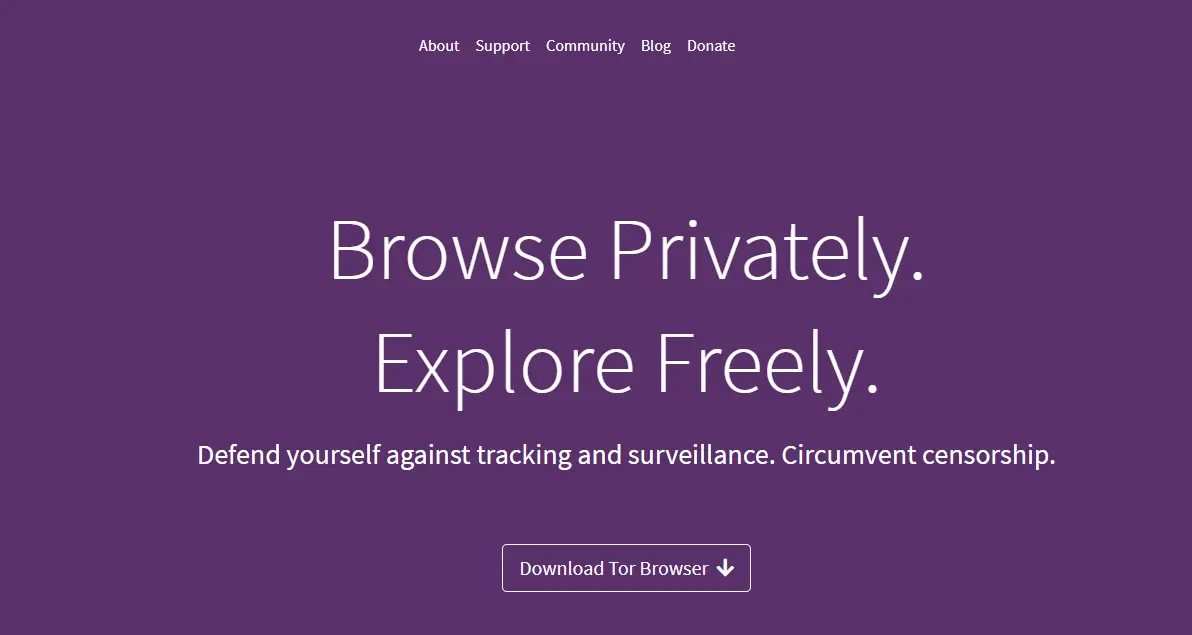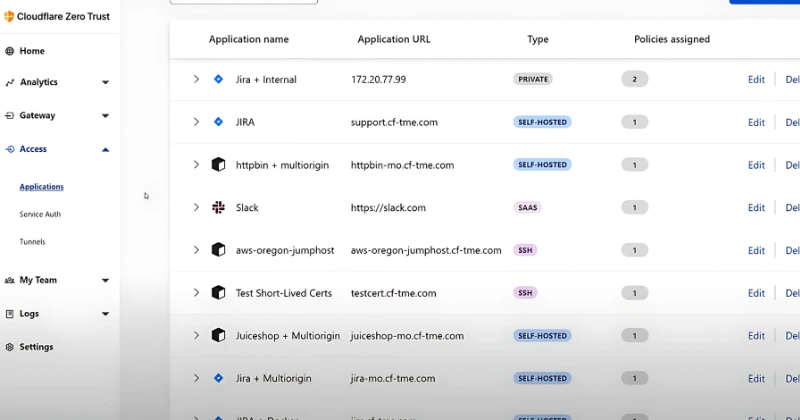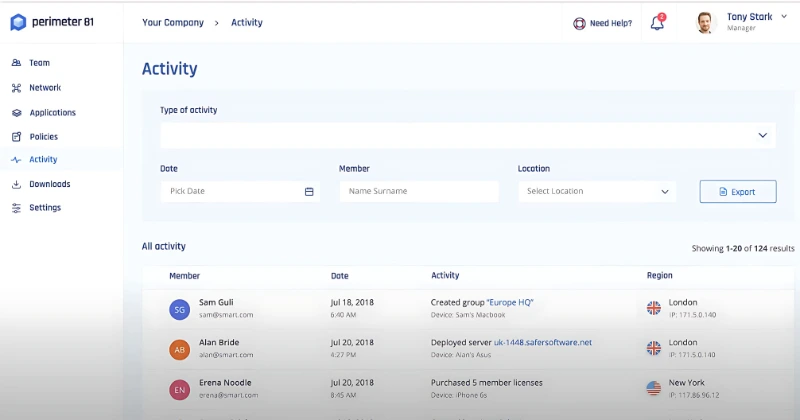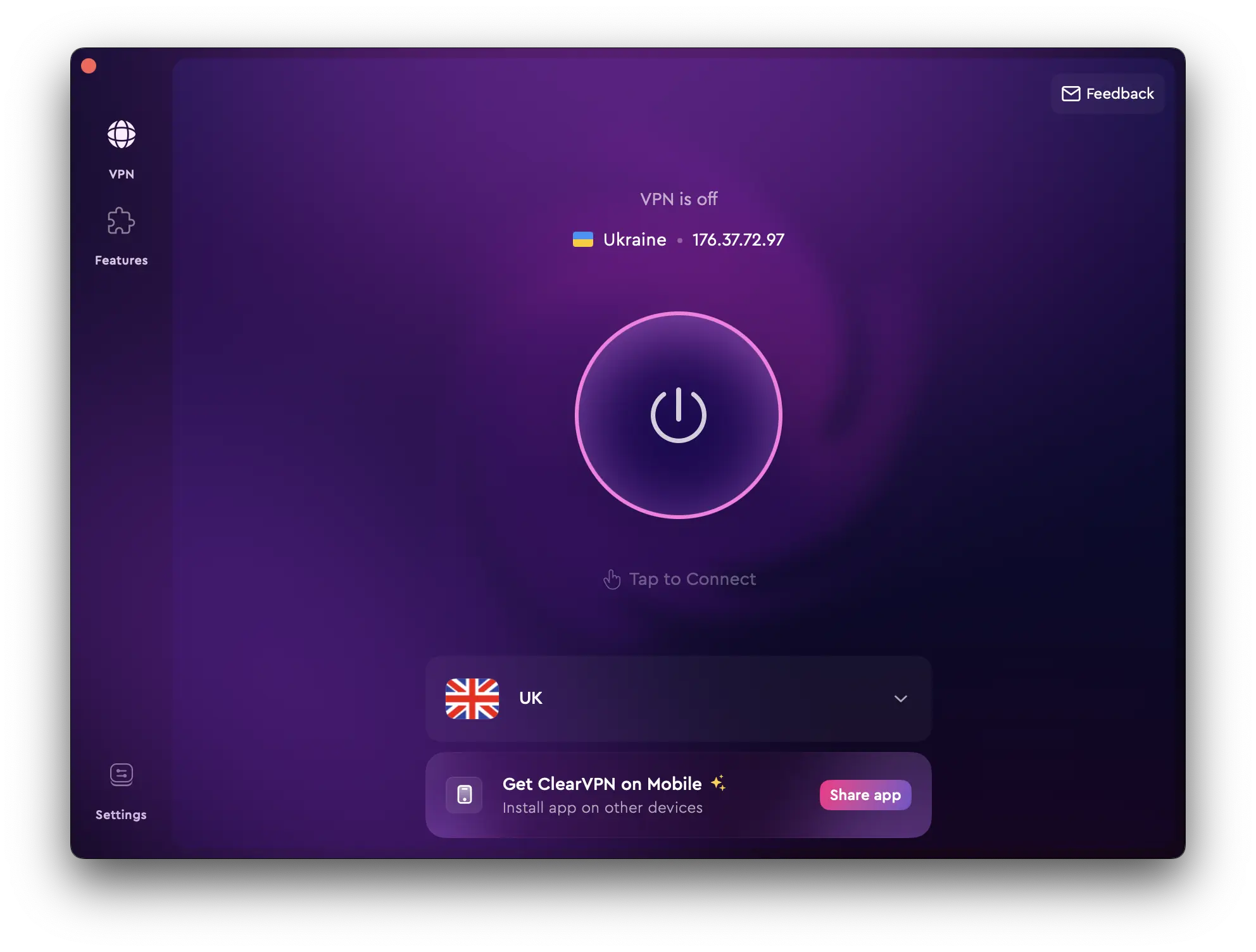In today’s digital age, where privacy and security of data is a growing concern, the use of Virtual Private Networks (VPN) has become increasingly popular. VPNs offer a secure connection between devices over the internet, creating an encrypted tunnel for your online activities. However, there are those who explore using a VPN alternative that provides similar benefits.
In this quick guide, we’ll go over some of the alternatives available and how they compare with traditional VPNs. Then you can make an informed decision on which option is best for your specific needs.
Reasons to seek out an alternative to VPN
First things first — why would you need VPN alternatives in the first place? After all, VPNs seem to be the go-to solution for secure online browsing, right? While that may be true according to most experts, there are a few reasons why someone might want to explore other options.
For one thing, a common downside is the potential reduction in internet speed, as data must travel through the VPN server—sometimes causing noticeable delays. However, this can be mitigated by selecting a fast and reliableVPN provider. In fact, a good VPN can actually improve your internet speed by bypassing ISP throttling and reducing lag.
Another reason is the potential for server overload. With an increasing number of people using VPNs, some servers can become overcrowded, affecting overall performance. Additionally, not all devices support VPN connections, making it difficult to ensure complete security across all your devices.
This is where seeking an alternative to VPN can come in handy. But what criteria should you consider when exploring these alternatives?
Criteria for choosing VPN alternatives
When looking for a VPN alternative, it’s important to keep in mind the key features that make a VPN effective. These include:
- Security and encryption: The main purpose of using a VPN is to ensure your online activities are secure and private. Therefore, any alternative you consider must have strong encryption protocols and security measures in place.
- Reliability: A stable connection is crucial when it comes to keeping your data safe while browsing. Make sure to research the uptime (“the time during which a computer or other device is in operation” – Oxford Dictionary) and server availability of any alternative you are considering.
- Speed: As mentioned earlier, a common downside of using VPNs is the potential for slower internet speeds. Look for alternatives that offer fast and efficient connections, especially if you regularly stream or download large files.
- Accessibility: A VPN alternative should be easily accessible and compatible with the devices you use regularly. If a service is not available on all your devices, you may have to find multiple alternatives or switch between them, which can be inconvenient.
Top Options for a VPN Replacement
Now that we’ve established the possible reasons to search for alternatives to VPN and the criteria by which to evaluate these alternatives, let’s take a look at some of the top options available on the market today.
Tor (The Onion Router)
Similar to VPN, Tor routes your internet traffic through a network of volunteer-operated servers called nodes. Each time your data passes through a node, it is encrypted, which increases your privacy; however, this multi-layer encryption scheme can sometimes result in slower internet speeds.
Despite the possibility of slower speeds, Tor is particularly effective in keeping your identity hidden and your internet activity private — a crucial feature for users who live in regions with strict censorship laws or those conducting sensitive research.
But perhaps the biggest advantage to Tor is the fact that it’s open-source and free to use. This aligns with the core principle of internet privacy and security: accessible to everyone, not just those who can afford it.
Zero Trust Network Access (ZTNA)
Another good alternative for VPN is a modern security framework called Zero Trust Network Access (ZTNA). Unlike traditional VPNs that grant full access to the network once authenticated, ZTNA operates on the principle of “least privilege.” This means that users are only granted access to the specific applications or services they need, minimizing the risk of unauthorized access or lateral movement within the network.
If a user only needs access to specific company servers and not the entire network, ZTNA will only allow them access to those particular servers, keeping the rest of the network secure. This also helps optimize network speeds as users are not burdened with unnecessary network traffic.
That said, there is a major downside to ZTNA: cost and accessibility. Unlike VPNs, which are widely accessible to the average user, ZTNA is primarily used by larger organizations with the resources and infrastructure to implement it.
For example, Cloudflare — a popular content delivery network — offers ZTNA as part of their business-level security suite at $200 per month. And while they do offer a free account option, it is limited to only one user and a handful of applications. Remember, too, that there is significant expertise and resources required to set up and manage a ZTNA system.
I2P (Invisible Internet Project)
If you’re looking for an alternative VPN solution that emphasizes anonymity, then I2P may be the option for you. I2P is a decentralized network that uses a mix of peer-to-peer technology and end-to-end encryption to protect your online activities.
Similar to Tor, data on I2P is routed through multiple nodes before reaching its destination, making it difficult for anyone to trace your internet traffic back to you. What’s different, however, is that I2P also has its own anonymous file-sharing network and email service, making it a comprehensive solution for those looking to protect all aspects of their online presence.
While it’s not perfect (some users have reported slow speeds and a steep learning curve), I2P is continuously improving and offers a robust alternative to traditional VPNs. Plus it’s free and open-source, making it accessible to all.
Software-Defined Perimeter (SDP)
A newer and lesser-known alternative to VPNs is Software-Defined Perimeter, or SDP. This security framework works by creating an “invisible” network perimeter that only allows authorized users access to specific applications or services.
One of the main advantages of SDP is its ability to authenticate and authorize users before granting them access to resources. This adds an extra layer of security, reducing the risk of unauthorized access or malicious activity within the network. Additionally, SDP can also help optimize network speeds as it only allows necessary traffic through the “perimeter,” rather than routing all internet traffic like traditional VPNs.
However, similar to ZTNA, SDP is a relatively new technology and may not be accessible to individual users due to its higher cost and complexity. It is primarily used by large organizations with a need for enhanced security measures.
A good example is Perimeter 81 — a popular SDP provider that offers secure remote access solutions starting at $8 per month per user (Essential Plan). While this puts it at a similar price point to VPNs, it is not as widely accessible or user-friendly. For one thing, it requires users to have a certain level of technical proficiency to set up and manage the system effectively.
So which alternative to VPN is the best?
As you may have already realized, there is no single best VPN alternative out there. Each option has its own strengths and weaknesses, and the one that is best for you depends on your specific needs and preferences.
Tor and I2P are excellent choices for those looking to maintain their anonymity and bypass censorship, but they may come at the cost of slower speeds and a steeper learning curve. ZTNA and SDP offer enhanced security measures, but they simply aren’t practical for most casual users as a VPN replacement.
In our eyes, for the average user looking for a simple and accessible solution to secure their internet connection, a premium VPN service remains inarguably the best option. Not only are they widely accessible and user-friendly, but they offer a good balance of privacy, security, and convenience.
Take ClearVPN for example — a premium VPN provider that offers an intuitive and user-friendly interface, strong encryption, and a wide range of server locations. Getting started with ClearVPN can be as simple as downloading the app (PC, macOS, Android or iOS), then tapping/clicking on the quick connect button. No technical knowledge or complex setup required.
Of course, you also have the option to select specific server locations or even unblock streaming services such as Netflix or BBC iPlayer — all while your internet connection is encrypted and protected from prying eyes.
FAQs
What can you use instead of a VPN?
You can use alternatives like Tor for anonymity and bypassing censorship, ZTNA for specific application access with enhanced security, I2P for decentralized anonymous browsing, and SDP for an “invisible” network perimeter protecting authorized users. Each has unique benefits, tailored to various needs.
Is ZTNA better than VPN?
ZTNA offers enhanced security over most VPNs by providing user access only for specific applications, minimizing the attack surface—meaning the possible points of digital attack. However, VPNs are generally more user-friendly and cost-effective, making them preferable for personal use. ZTNA, on the other hand, is better suited for large organizations seeking a secure, application-specific access model.
Is Tor safer than VPNs?
Tor provides strong anonymity by routing traffic through multiple nodes, making it resistant to tracing. However, its speed and performance can be reduced due to this framework. On the other hand, anonymity in VPNs largely depends on the provider’s logging policy and encryption strength. A no-logs policy and strong encryption make a VPN just as safe to use as TOR.
